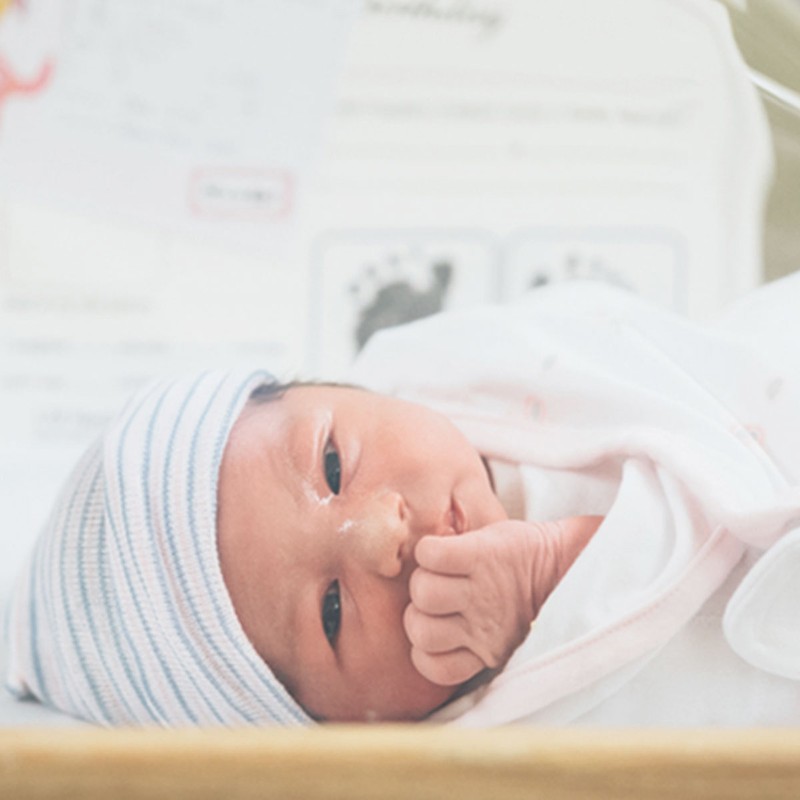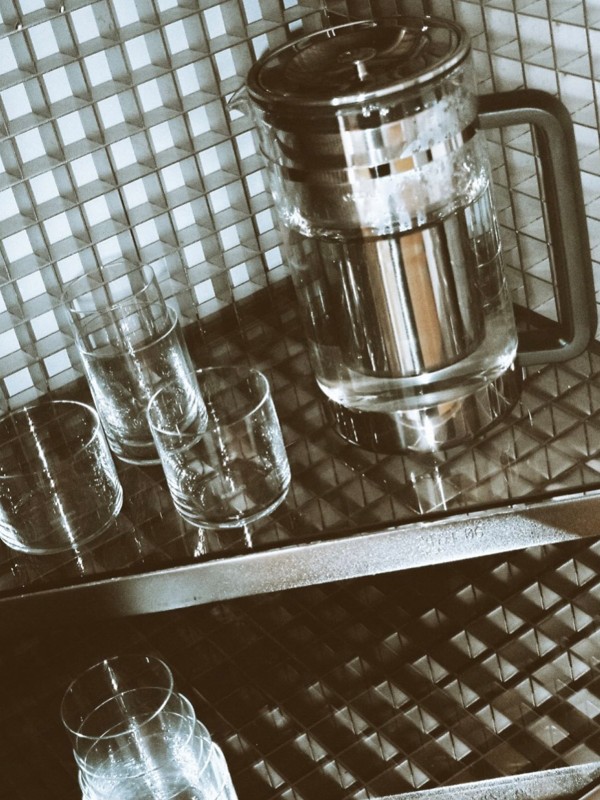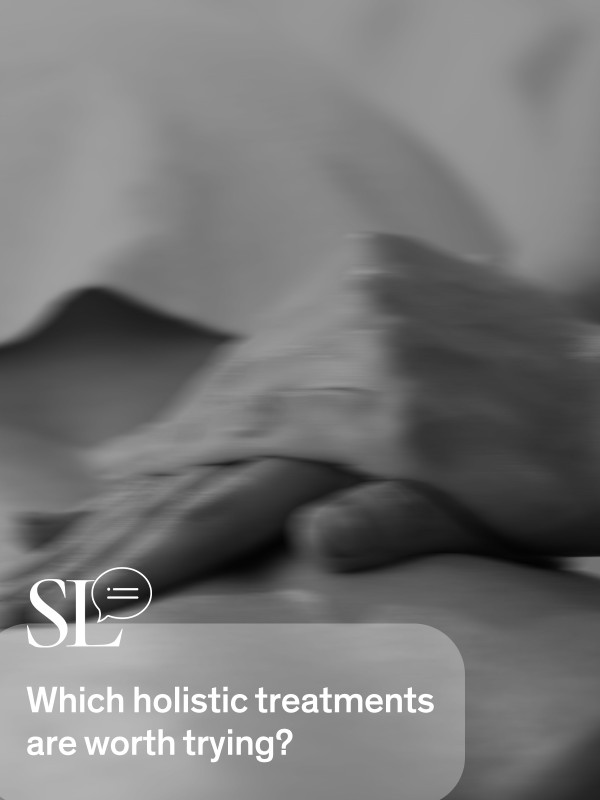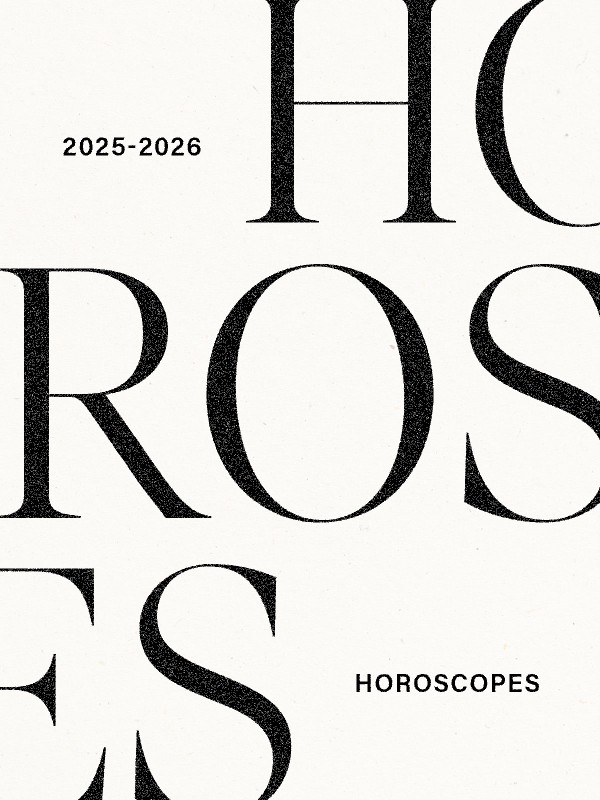Pregnant Women Are Being Denied The Choice Of A Caesarean
A number of hospitals across the UK have been found to routinely refuse to perform C-sections on expectant mothers unless they have a viable medical reason for doing so. Birthrights, a charity dedicated to protecting human rights during childbirth, requested a nationwide Freedom of Information request to 153 NHS trusts, looking at how they adhered to National Institute for Health and Care Excellence (NICE) guidelines and found that almost one in six trusts don’t offer C-sections when requested.
Of the 147 trusts who responded, 22 did not offer maternal request caesareans (MRCs), and almost half had policies that the charity deemed problematic. Furthermore, the results of the FOI request showed that only 26% fully complied with the guidelines; 47% partially complied; 15% refused maternal requests outright; and 12% didn’t have a clear position on MRCs.
There could be a number of reasons why women might decide a caesarean is more suitable to them - Pradnya Pisal, consultant gynaecologist, London Gynaecology lists some of these as anxiety due to previous traumatic experiences; concern for foetal wellbeing in labour; wanting to avoid an emergency C-section; or the timing of the delivery being important due to social circumstances.
Under NICE rules, women requesting a caesarean - no matter what the reason - should be “offered appropriate discussion and support – but ultimately, if they are making an informed choice, a caesarean should be offered.”
NICE also states that if one doctor is unwilling to perform an elective caesarean, then the patient should be referred to another who will. But Birthrights’ data shows that the majority of UK trusts make the process of requesting a caesarean long, difficult and inconsistent, which only serves to add extra anxiety onto women who are already under a lot of stress.
“Maternal request caesareans are the number one reason women contact the Birthrights advice service,” said Rebecca Schiller, the charity’s chief executive. “The women we support have endured previously traumatic births, physical ill health, childhood sexual abuse or have carefully examined the evidence available and made an informed decision that a planned caesarean will give them and their baby the best chance of an emotionally and physically healthy start.
“It is clear that women requesting caesareans meet judgmental attitudes, barriers and disrespect more often than they find compassion and support. We are concerned that this lack of respect for patient dignity could have profound negative consequences for the emotional and physical safety of women.”
When it comes to giving women the choice of a caesarean or a physiological birth, Gill Walton, chief executive and general secretary of the Royal College of Midwives, says expectant mothers should be properly heard and subsequently given the appropriate information: “Women must be given the information in order to explore their views and feelings about caesarean birth, to enable them to come to an informed decision about their preferred type of birth. This information should reflect the individual woman’s current and previous medical, obstetric and psychological history. Midwives have an important role in supporting women who request caesarean sections as well as respecting their reasons.”
Caesareans have become increasingly popular among expectant mothers – so much so, that a national private caesarean service has been launched in the north west of England to address the increasing demand from women outside of London who are considering this kind of birth plan.
The service was launched by Private Midwives and has been established in partnership with a University Teaching Hospital NHS Foundation Trust in the north west. The private care provider states that it saw a 162% increase in requests for caesareans over 2017.
Edward Sparkes, chief executive at Private Midwives, said: “We are working with a fantastic NHS organisation, senior consultant obstetricians and anaesthetists – who will work alongside our senior and experienced midwives to provide the ultimate peace of mind and care package for expectant mothers.
“Private Midwives has an established history of working in collaboration with the NHS to provide safe, effective options for women across the UK and Ireland, during pregnancy and birth. By working with the NHS, Private Midwives is able to offer expectant families the best of both worlds – all of the experience they require at hand, but at an affordable cost.”
DISCLAIMER: We endeavour to always credit the correct original source of every image we use. If you think a credit may be incorrect, please contact us at info@sheerluxe.com.






